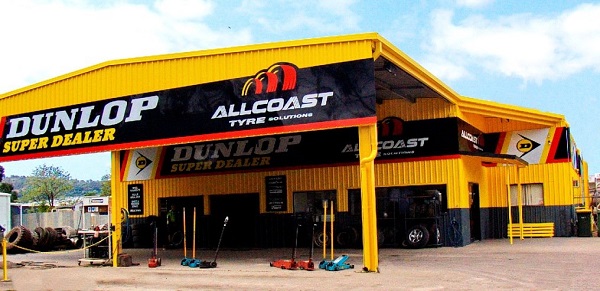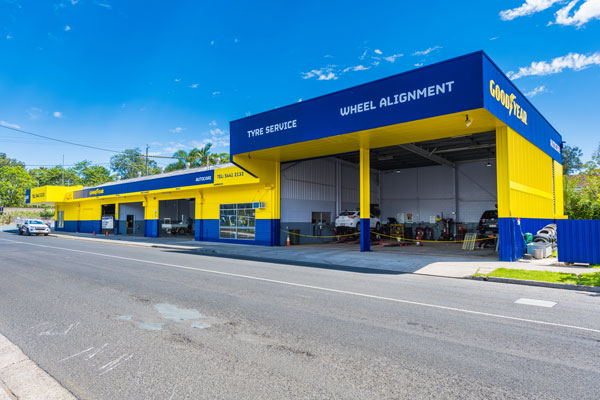
Everything you need to know about brake maintenance
Wednesday 23 September 2020
Back to Latest NewsGood car maintenance habits should be a priority for all drivers. Whether you drive thousands of kilometers for work every month or simply use your car around town for a few errands, brake maintenance should be at the top of your agenda.
Here at All Coast Tyres, we’re all about helping our customers stay safe on the road and to always come home; here’s all you need to know about brake maintenance for your vehicle.
Why Brake Maintenance?
Your car allows you to go anywhere, but you need to know that it can stop too! Braking systems are, therefore, among the most important features in the vehicle. Failure to keep them in good health can cause several horrible outcomes, including;
- Reduced safety for drivers and passengers.
- Potential dangers for other road users.
- Lost confidence and peace of mind.
- Threat of damage to other vehicle parts.
- Or – worse.
Signs Your Brakes Need Attention
All vehicles experience general wear and tear over the years. As such, it makes sense to run a brake check every few thousand kilometers, even when you haven’t noticed any problems.
However, there are several signs that indicate you should have your vehicle’s brake check far sooner. Leaving the issues unintended will put your safety at risk and can also encourage escalating damage, which will cost you more money in the long run. Telltale signs that something’s not quite right include;
- The brake light has come on to indicate a problem.
- You hear squeaking or grinding when you apply the brakes.
- The steering wheel shakes during braking.
- Your car pulls to one side when braking.
- The brake pedal feels spongy.
There are other clear signs, such as fluid leaks and burning smells in motion. When this happens, immediate attention is required.
Key Components Of The Braking System
Problems with the brakes can be caused by a number of underlying causes, covering a wide range of components that are used to help your car brake smoothly and instantly. Therefore, it’s good to familiarise yourself with the key parts. They are;
- Brake cylinder – this is the part that transfers the signals from the brake pedal to the wheels. Disrupted performances will impact the whole system.
- Brake rotor – the rotors sit behind the wheels and function with the brake pads to deliver the necessary stopping motion.
- Brake pads – they press against the rotor to stop the vehicle when you press the pedal. There are two per rotor.
- Brake lines – these are responsible for transferring brake fluid from the master brake cylinder to each of the wheels.
- Brake fluid reservoir – this is the receptacle used to store brake fluid before it travels through the brake lines.
- Brake pedal – problems with the brake pedal, such as an obstruction can impact the response of your braking system.
A brake check should investigate all aspects, even those that haven’t shown obvious problems..
Common Braking System Upgrades
Given the number of parts that make up the braking system, you may encounter various problems resulting in faulty brakes. In addition to problems limited to a single item, some vehicles will experience damage to multiple parts. The most common issues, though, are;
- Pad replacement, also known as shoe replacement, which is when the pads connected to the rotor are changed. This is needed because they encounter a little wear and tear each time you break. These should be changed every 20,000 kilometers or as per your logbook service requirements.
- Line replacement, which is usually an emergency type situation as faults will stop the brake fluid from being transferred to the wheels. Bleeding the brake fluid is another common task, which is followed by adding new fluid.
It is possible that the master cylinder or random parts will need replacing or repairing too. Using an expert mechanic that can source the right parts for your vehicle and fit them in an effective manner is vital.
Brake Damage Prevention – Things You Can Do
While the right maintenance assignments will keep your brakes in far better health, there are plenty of additional steps that can aid the situation. Do each of the following to support the ongoing condition of your brakes:
- Keep the brake fluid levels topped up on a regular basis through logbook servicing.
- Develop a habit of easing into the brakes rather than slamming them on.
- Focus on the maintenance of other car parts.
- Keep the tyres your tyre pressures consistent.
- Appreciate your surroundings, such as difficult terrains and harsh weather.
When smarter driving habits are used in conjunction with regular attention to the brakes themselves, your safety and enjoyment behind the wheel will see drastic improvements. Or for further help, call the All Coast Goodyear Autocare team today.
Click here to contact us



